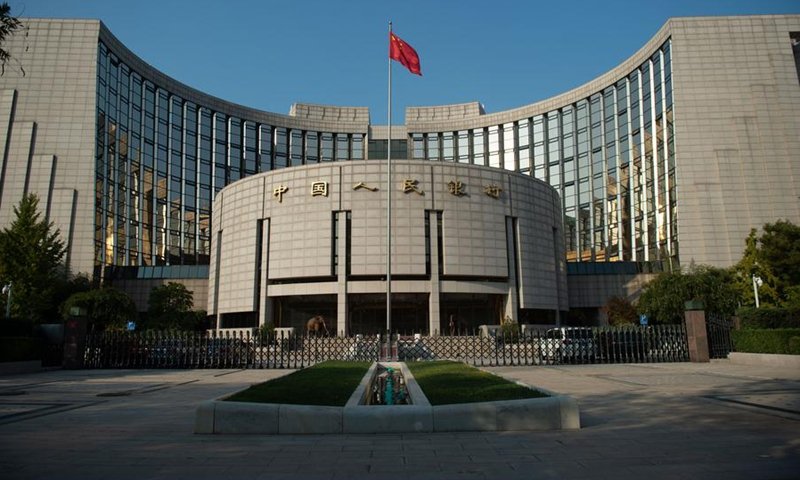Tariff Tensions Rise as China Announces 34% Tariff on US Imports
China announces a dramatic 34% tariff on all United States goods imported, from April 10. This bold step follows hot on the heels of President Donald Trump‘s tariff increase on Chinese imports, heightening fears of an international trade war. The decision marks one of the strongest retaliations yet in the ongoing trade tensions between the two world powers.
Earlier this week, Trump raised tariffs on Chinese imports by 34%, on top of an existing 20% levy, making the total tariff 54%. He said this move was a response to unfair trade practices by China and other countries. Trump argued that other nations have been “cheating” the US by imposing high tariffs, using currency manipulation, and creating trade barriers. According to Trump, the country imposes up to 67% tariffs on US goods when all business restrictions are considered.
China Announces with More Than Just Tariffs
In response, the country’s State Council Tariff Commission called the US actions “unilateral bullying” that goes against international business rules. The commission said country’s new tariff is meant to protect its legal rights and national interests. This is the strongest retaliation so far that China announces and could increase the chances of a wider business conflict.
With that, China announces it will tighten export rules on rare-earth materials, such as dysprosium, terbium, and lutetium. These elements are vital to making smartphones, electric cars, and even defense systems. Starting April 4, companies around the world will face stricter rules when buying these materials. Officials said the move helps protect national security and follows international laws.
China Announces Tariffs: US Companies Targeted
Beijing is also punishing American companies. Sixteen US firms have been placed on an export control list, and 11 more are now labeled “unreliable entities.” These firms could face limits when doing business in the country, including restrictions on sales, partnerships, and even market access.
However, the President has allowed a small exception—goods already in transit before April 10 will not be hit with the new tariff. This gives some breathing room to businesses already in the middle of shipping deals.
US Closes Import Loophole
President Trump has also signed an executive order to close the “de minimis” loophole, a rule that lets small packages from China and Hong Kong enter the US duty-free. This shift will fall most heavily on small businesses and online sellers, particularly those who depend on cheap imports.
Trade Goes On, but Tensions Are High
Though the two nations are clashing, business has not been halted. The country bought $164 billion worth of US goods in 2024, a slightly higher amount than in 2017, prior to the start of the trade war. It indicates that the two economies are still interconnected deeply, as much as the increasing political battle.
Impact on Crypto
Increasing tariffs and cross-border trade tensions tend to push investors into alternative assets such as crypto. When traditional markets are uncertain, coins such as Bitcoin currency can also experience higher demand as a hedge. Moreover, limited cross-border business may encourage firms to seek blockchain-based payment channels to avoid traditional networks and lower the costs.






